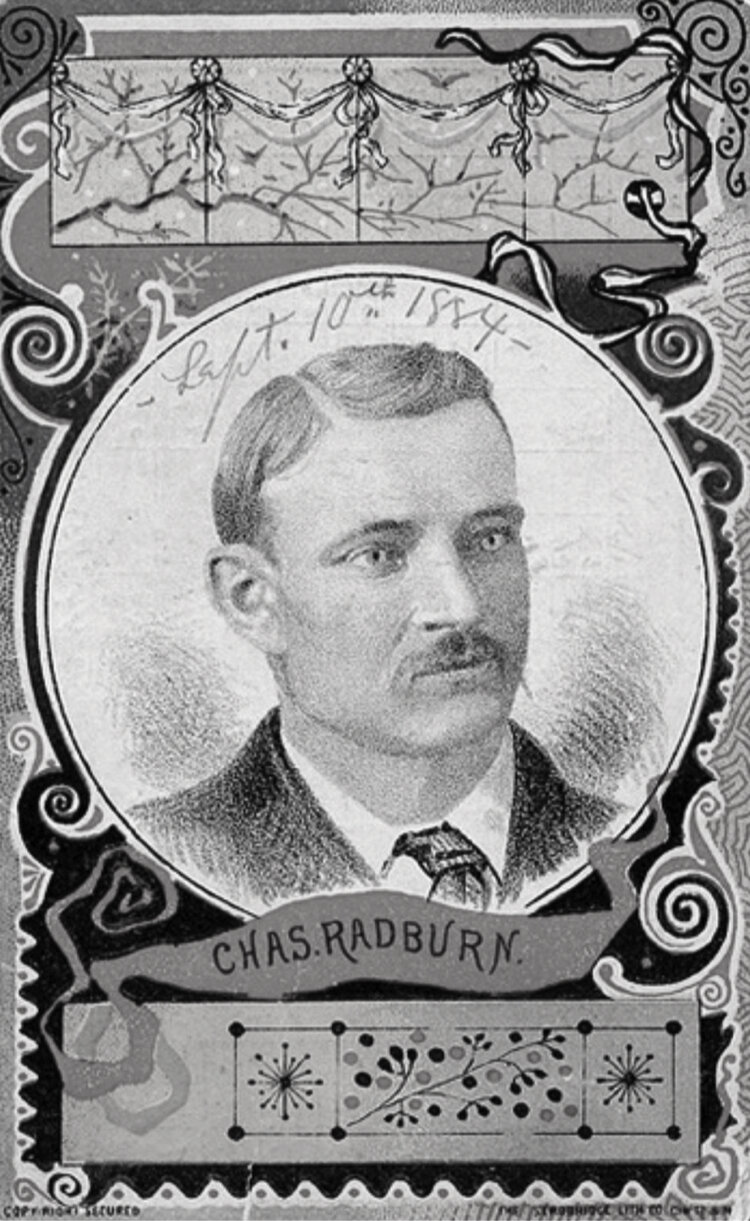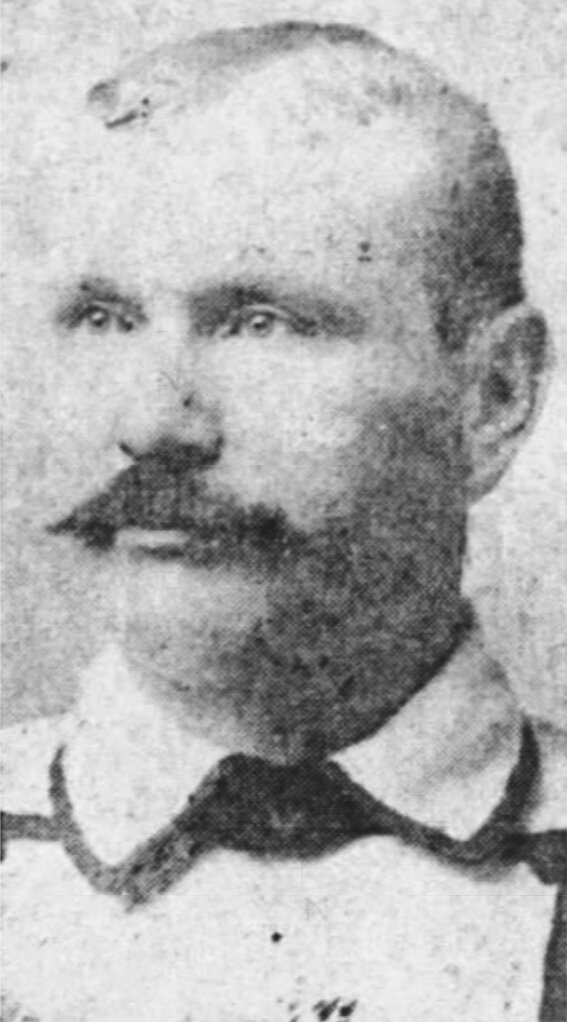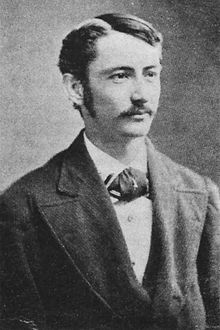In February of 1938, news broke of a “Class A” Eastern League team relocating to Hartford. The Hartford Bees (also called Hartford Laurels and Hartford Senators) were established when Boston Braves owner, Bob Quinn moved his farm team from Scranton, Pennsylvania, to the Charter Oak City. Hartford had been deprived of a professional team since the end of 1934. Reacting to the announcement, Hartford Times sports columnist Dan Parker contextualized the historic news:

Hartford, one of baseball’s pioneer towns, is back in the game after being outside the pale for a half dozen years. True, it is a far cry and a big drop from one of the original franchises in the National League to membership in the Eastern, but Hartford folk while glorifying in the past, also want to do a bit of glorifying in the present, and, therefore welcome a Class A club without a trace of condescension.
Not only did Hartford furnish the National League with one of the charter clubs but it also gave the league its first president, the late Morgan G. Bulkeley. But that isn’t the 50 per cent of it, my little horned toads. Bob Ferguson, who managed the Hartford club and steered it into second place in its first season in baseball and finished third in its second and last year in the National, would have made the first unassisted triple play in history, were it not for the annoying circumstance that one man already had been retired when Bob made his “triple killing.”
It was Hartford, too, that was the victim of the first no-hit game in the National League. Not only that, but Hartford also invented the double header as a means of stimulating attendance. When it failed to work, the franchise was surrendered. But, in those days, Hartford was just a struggling small town and not the bustling metropolis it is today, with a toe-hold on most of the insurance business in America.
If there is a better city in its particular class than Hartford, I have yet to encounter it. The population is currently estimated at 175,000, but towns within easy driving distance swell the ball club’s potential customer list to close to a half million. The town is really in the International League class.
Hartford’s return to organized baseball is a happy home and for those other New England cities, rich in baseball history but now unhappily out of procession. It is almost unbelievable that good baseball towns like Providence, Wooster, New Haven, Springfield and—yes—dear old Waterbury, should be without representation and organized baseball for a decade, when they used to constitute the best minor league territory until the depression wrecked industrial New England.
Dan Parker, Hartford Times



















































































